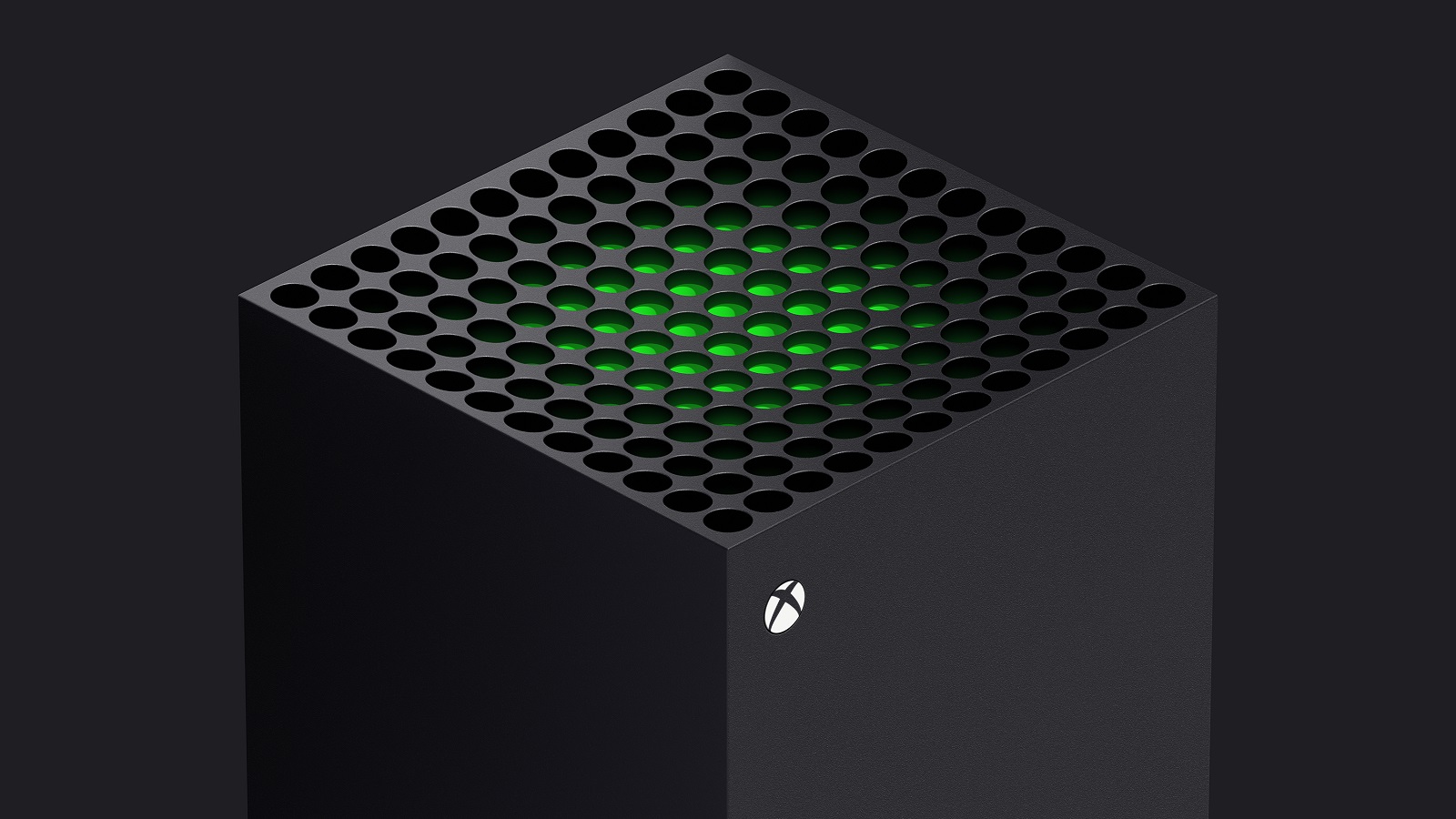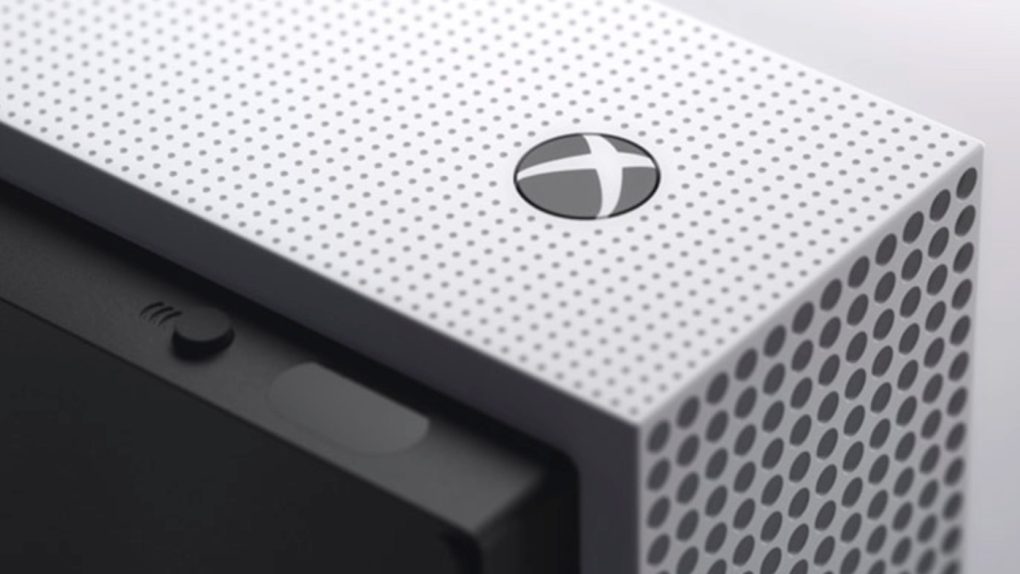Announced in January 2022, Microsoft’s $68.7 billion purchase of Activision/Blizzard has hit a massive roadblock in the UK. The country’s Competition and Markets Authority (CMA) regulator on Wednesday announced it decided to block the Microsoft/Activision deal, saying the acquisition would hurt competition in the cloud gaming landscape. That’s a niche of the gaming ecosystem that Microsoft largely controls, according to the CMA’s investigation.
The Activision acquisition would further strengthen Microsoft’s position in the cloud gaming business, which is expected to grow significantly in the coming years.
Why did the UK block Microsoft’s Activision/Blizzard deal?
The CMA decision has nothing to do with playing Call of Duty on PS5, which some fans of the game franchise worried about when Microsoft made its bid last year. Instead, the regulator notes the risks to competition in the cloud business to motivate its decision.
The UK cloud gaming market is growing fast. Monthly active users in the UK more than tripled from the start of 2021 to the end of 2022. It is forecast to be worth up to £11 billion globally and £1 billion in the UK by 2026. By way of comparison, sales of recorded music in the UK in 2021 amounted to £1.1billion.
The CMA argues that Microsoft has a strong position in cloud gaming, according to the evidence available to the regulator. Moreover, the CMA found that “Microsoft would find it commercially beneficial to make Activision’s games exclusive to its own cloud gaming service.”
The agency claims that Microsoft accounts for 60-70% of global cloud gaming services. The Xbox, Windows, and Microsoft’s Azure and Xbox Cloud Gaming cloud computing infrastructure are additional strengths in the cloud gaming business.
The CMA says that absent the deal, Activision would start offering some of its games via cloud platforms in the foreseeable future. Furthermore, the regulator argues that UK gamers would benefit from having access to cloud gaming, as they could avoid buying expensive consoles:
The cloud allows UK gamers to avoid buying expensive gaming consoles and PCs and gives them much more flexibility and choice as to how they play. Allowing Microsoft to take such a strong position in the cloud gaming market just as it begins to grow rapidly would risk undermining the innovation that is crucial to the development of these opportunities.

Is the deal dead?
The CMA is the only regulator to block the deal so far, and Microsoft is likely to appeal this new decision. The CMA said that Microsoft worked with the agency to provide remedies in an effort to convince the regulator to approve the Activision purchase.
However, the CMA found that those remedies fell short. Microsoft’s proposals would force the CMA to regulate the cloud gaming market, something that could stifle innovation.
Accepting Microsoft’s remedy would inevitably require some degree of regulatory oversight by the CMA. By contrast, preventing the merger would effectively allow market forces to continue to operate and shape the development of cloud gaming without this regulatory intervention.
The CMA also explained some of the shortcomings of Microsoft’s proposals to address cloud computing worries:
- It did not sufficiently cover different cloud gaming business models, including multigame subscription services.
- It was not sufficiently open to providers who might wish to offer versions of games on PC operating systems other than Windows.
- It would standardize the terms and conditions on which games are available, as opposed to them being determined by the dynamism and creativity of competition in the market, as would be expected in the absence of the merger.
Microsoft said in a statement that it will appeal the CMA’s decision. “We’re especially disappointed that after lengthy deliberations, this decision appears to reflect a flawed understanding of this market and the way the relevant cloud technology actually works,” Microsoft president Brad Smith said.








